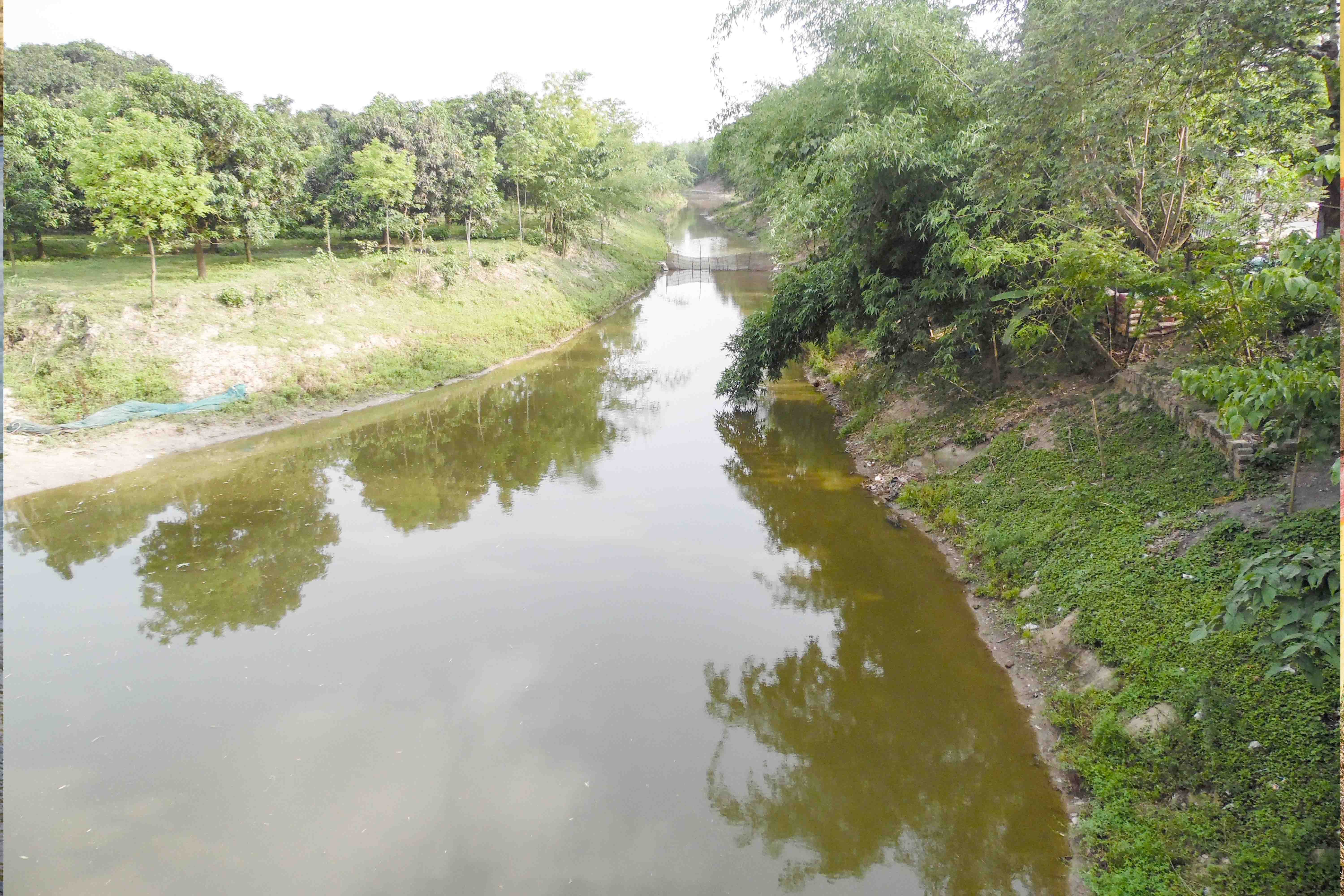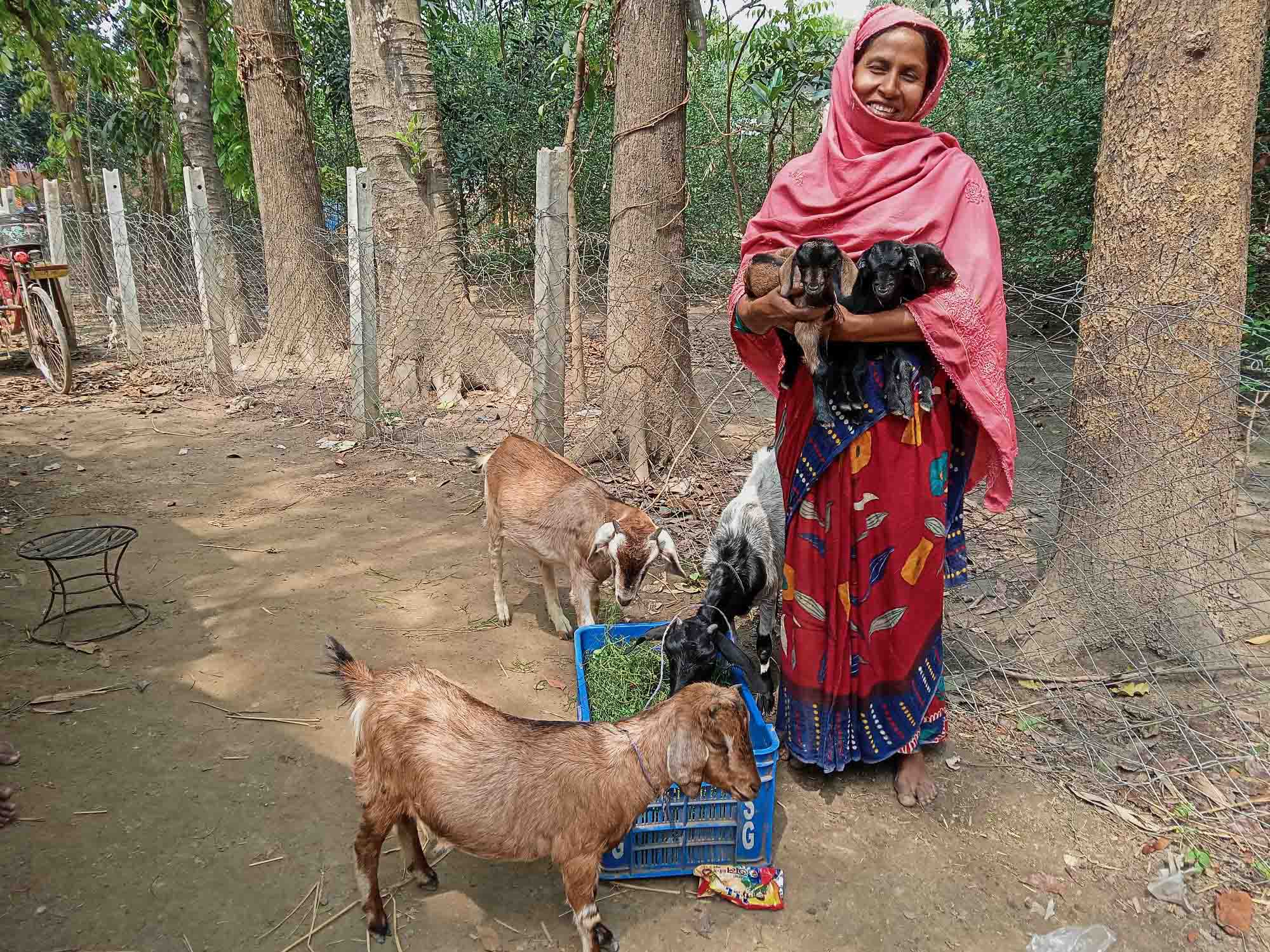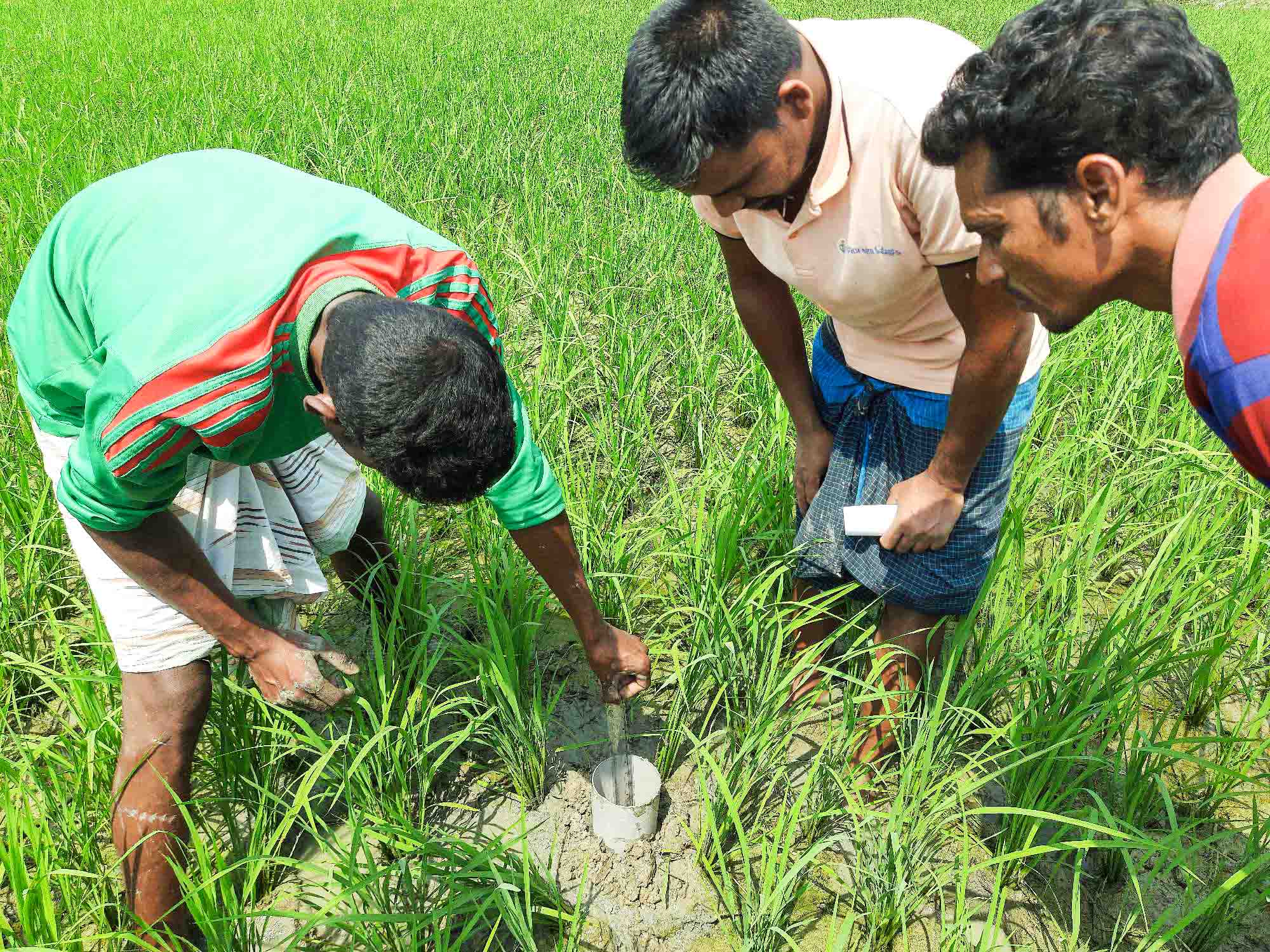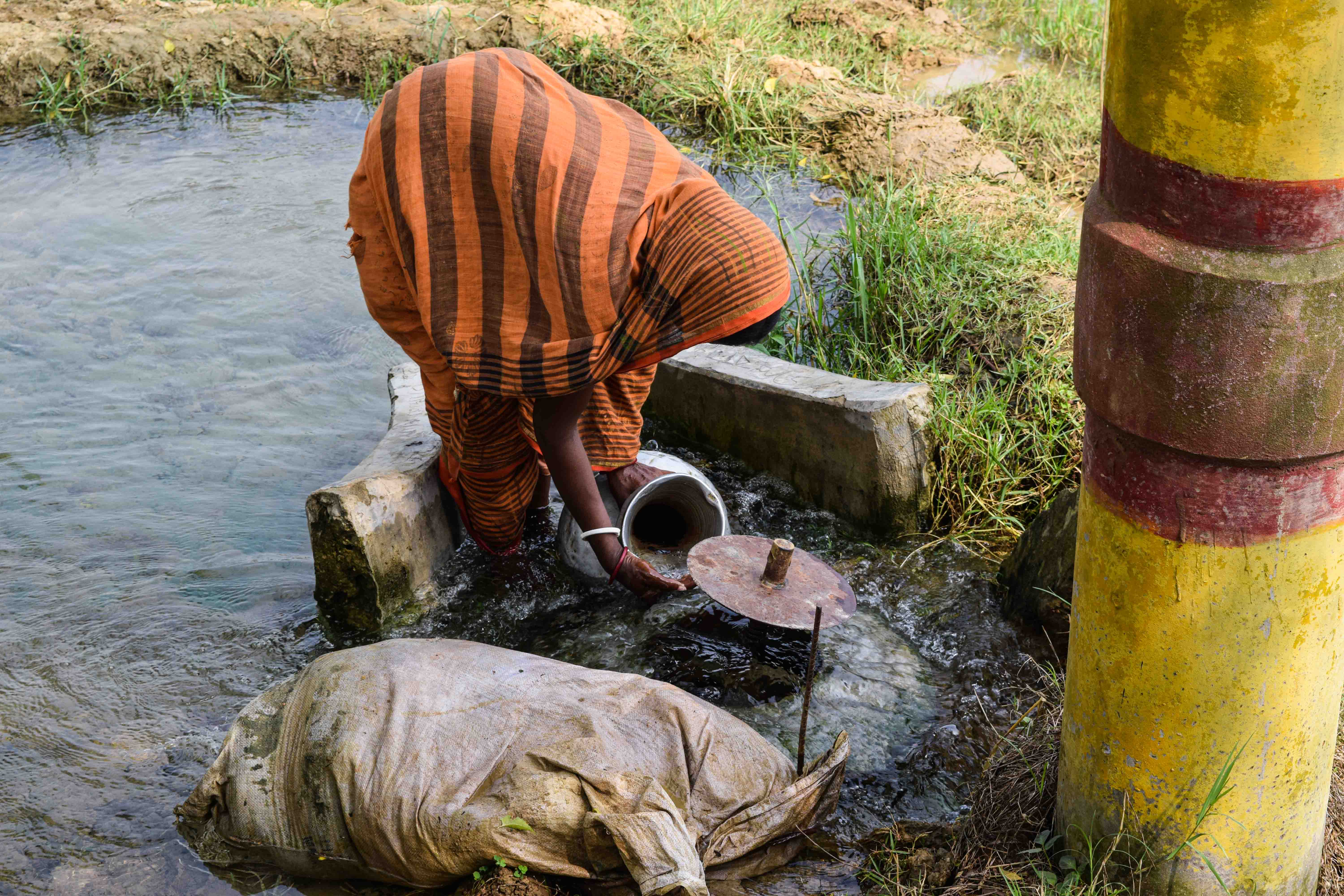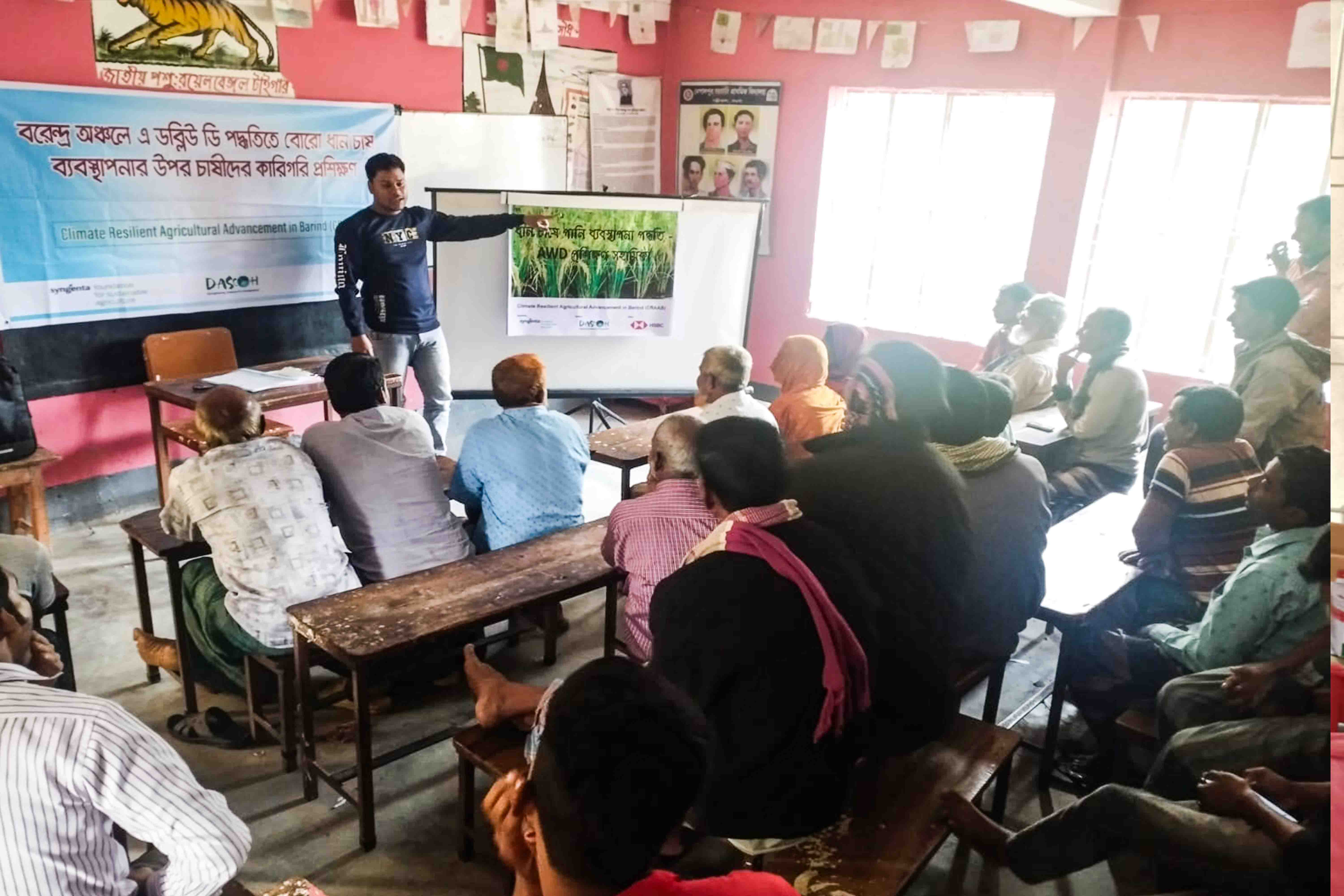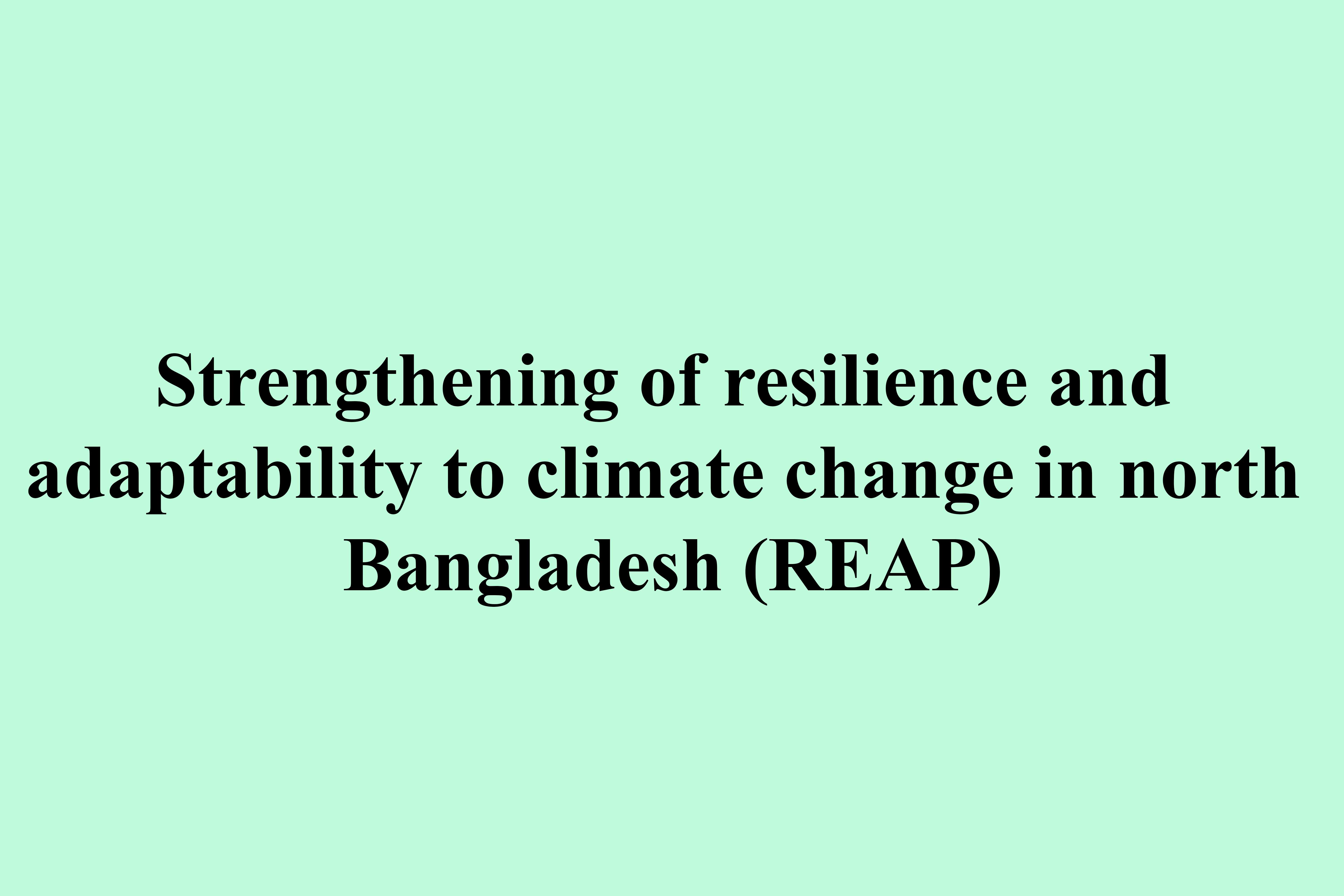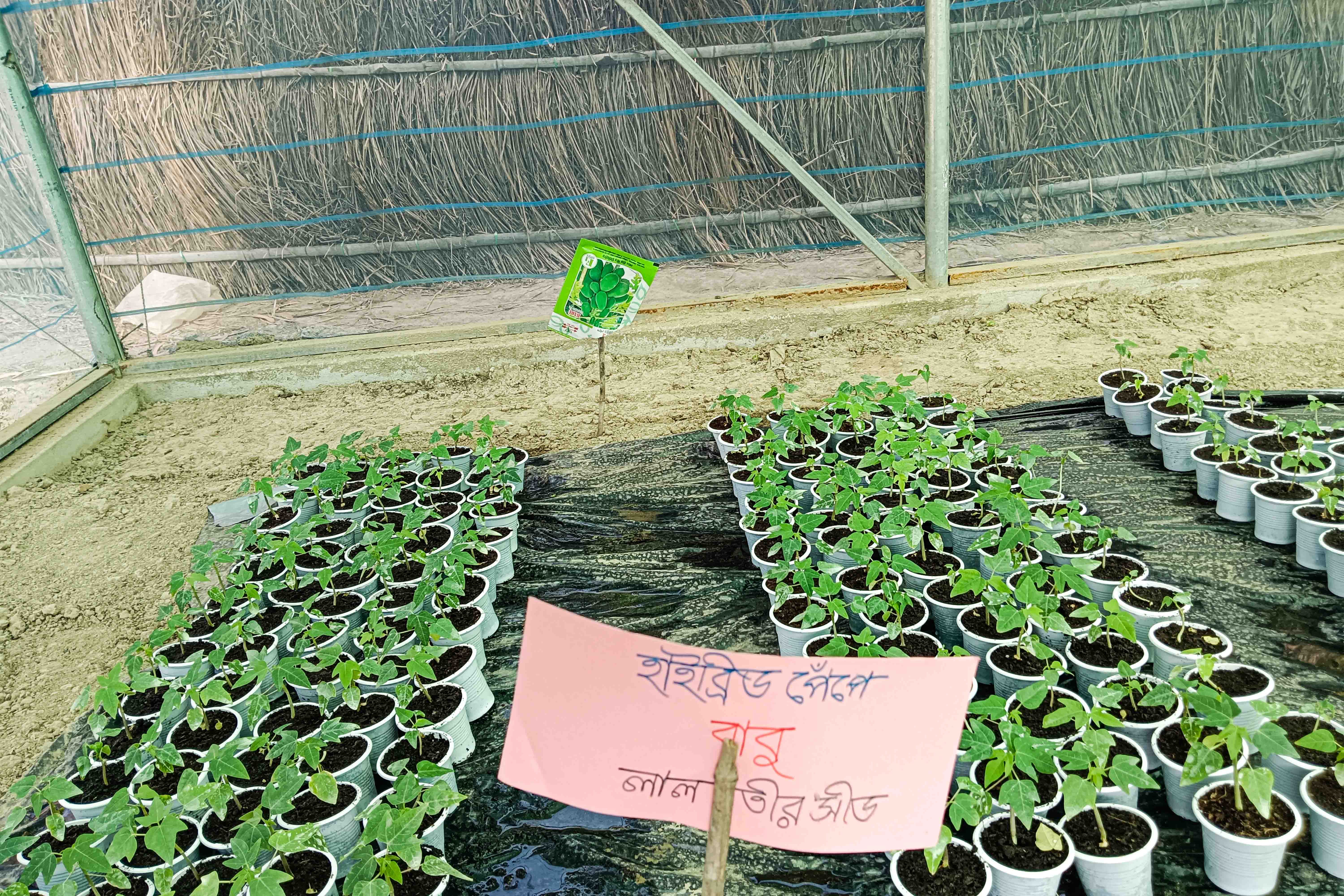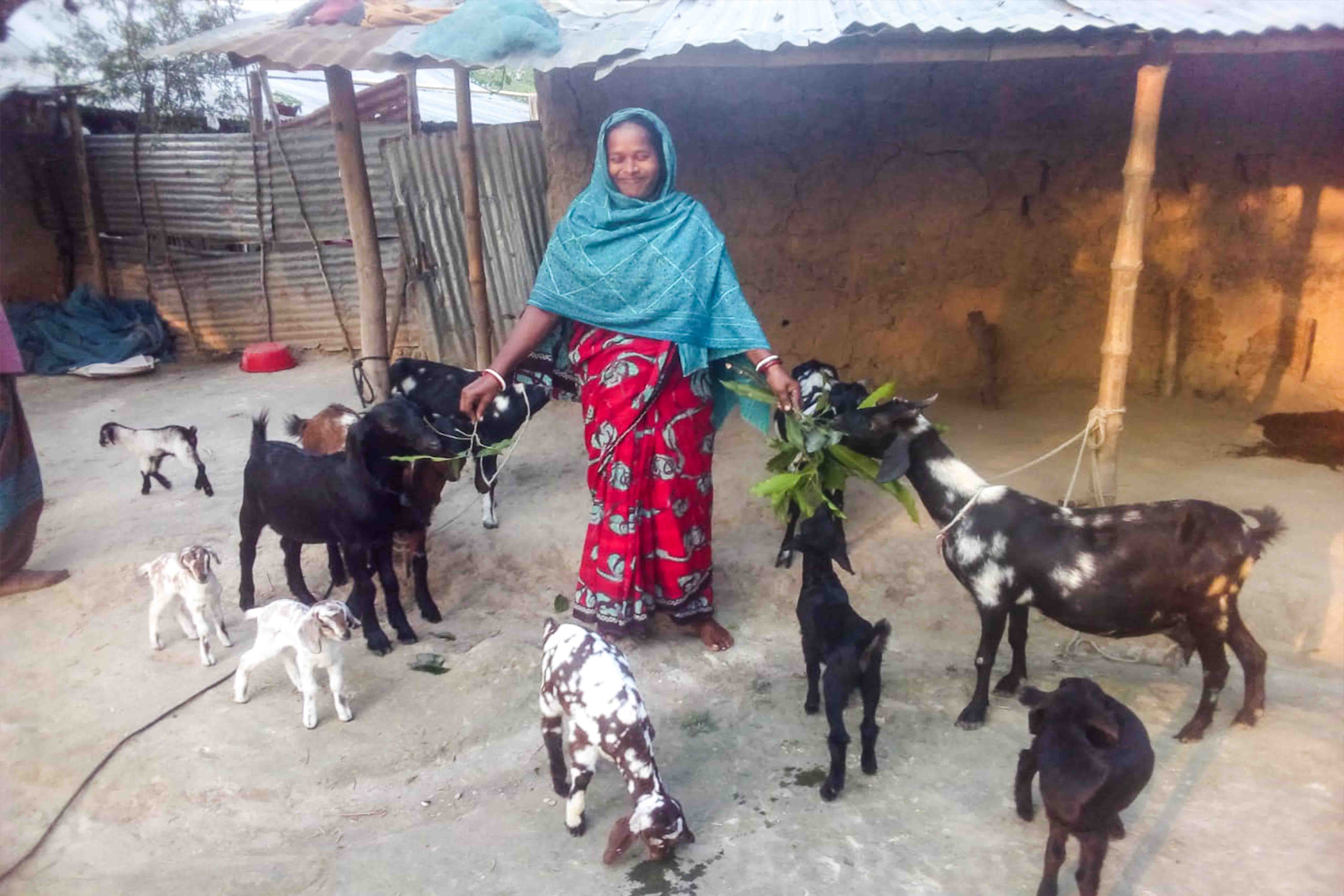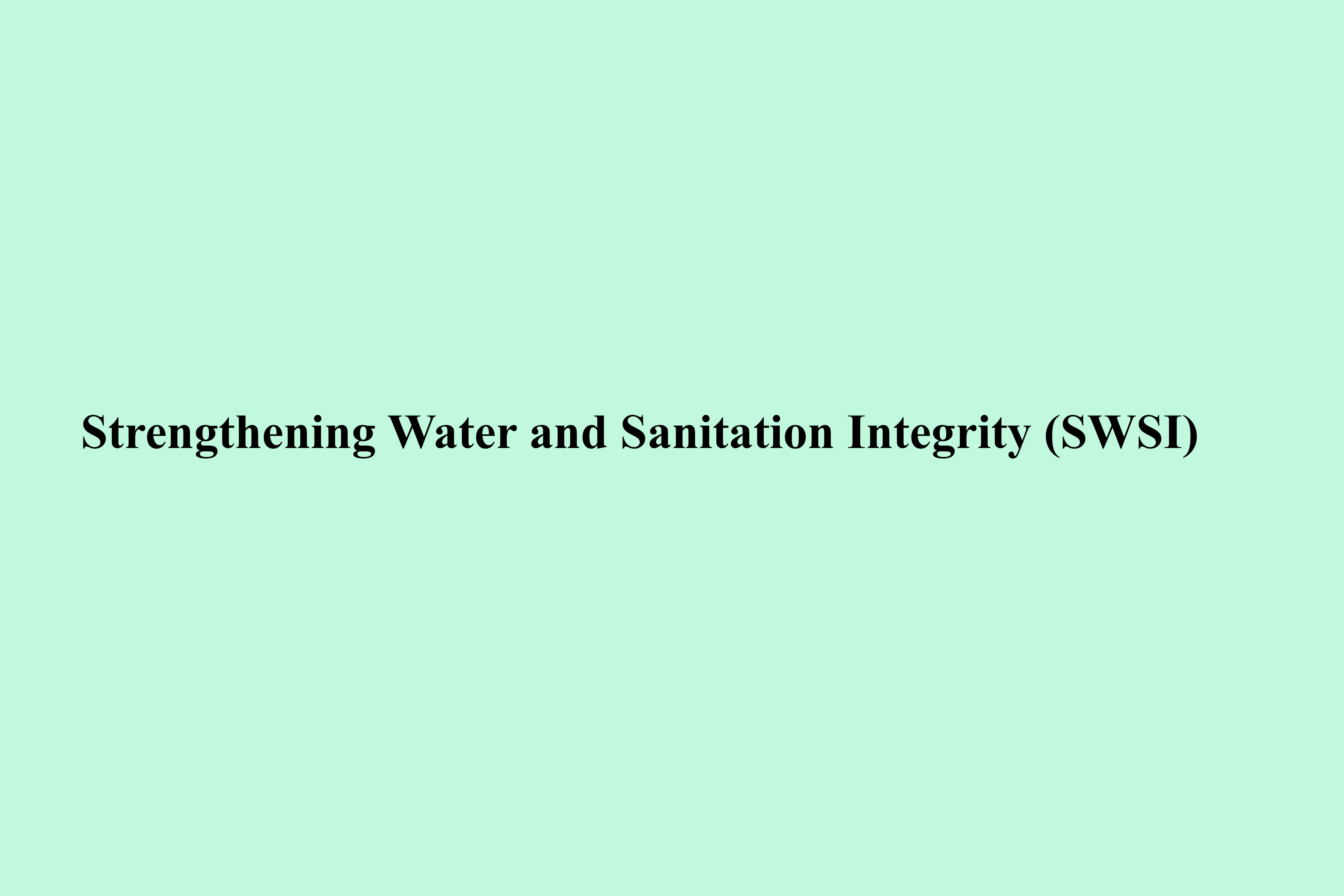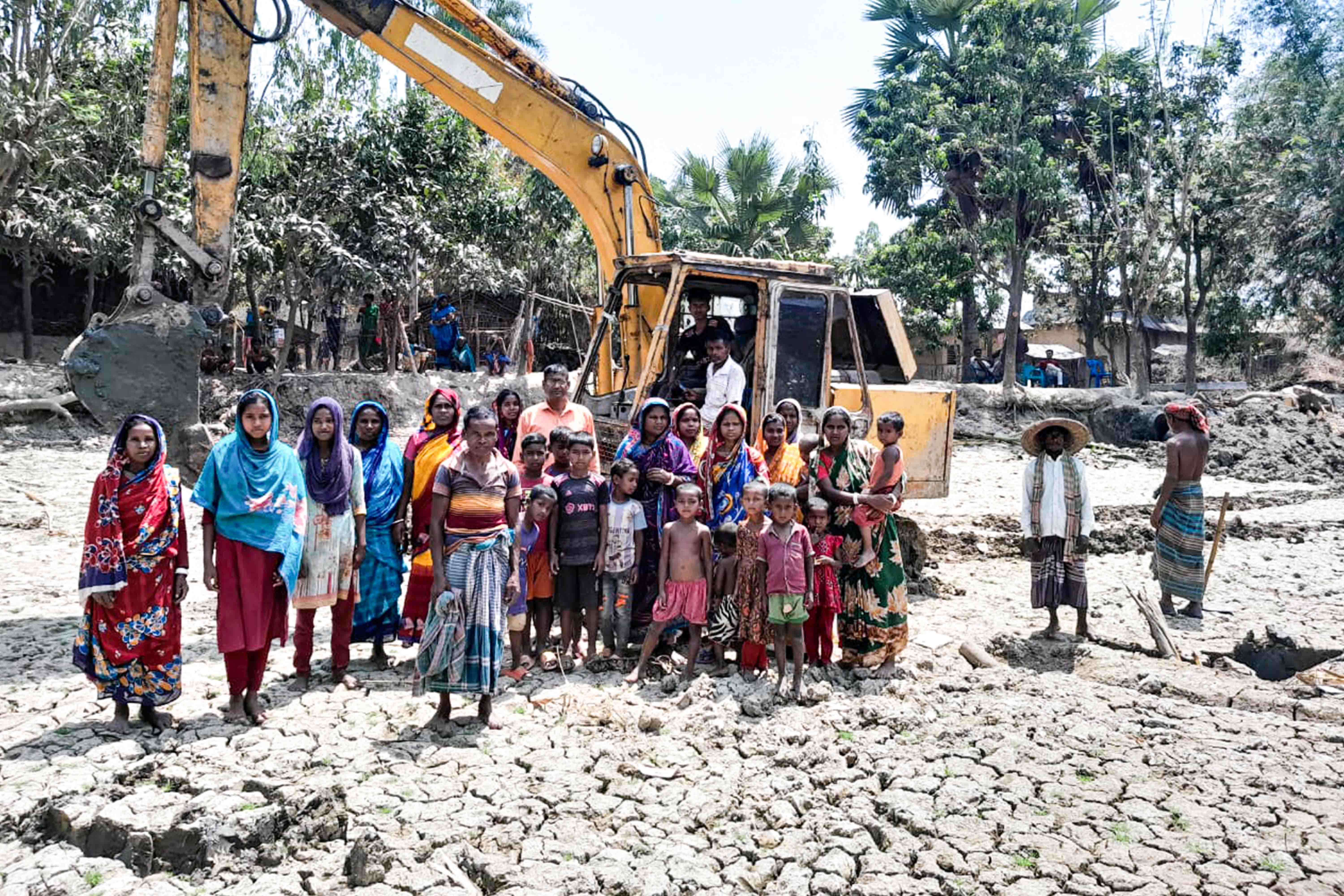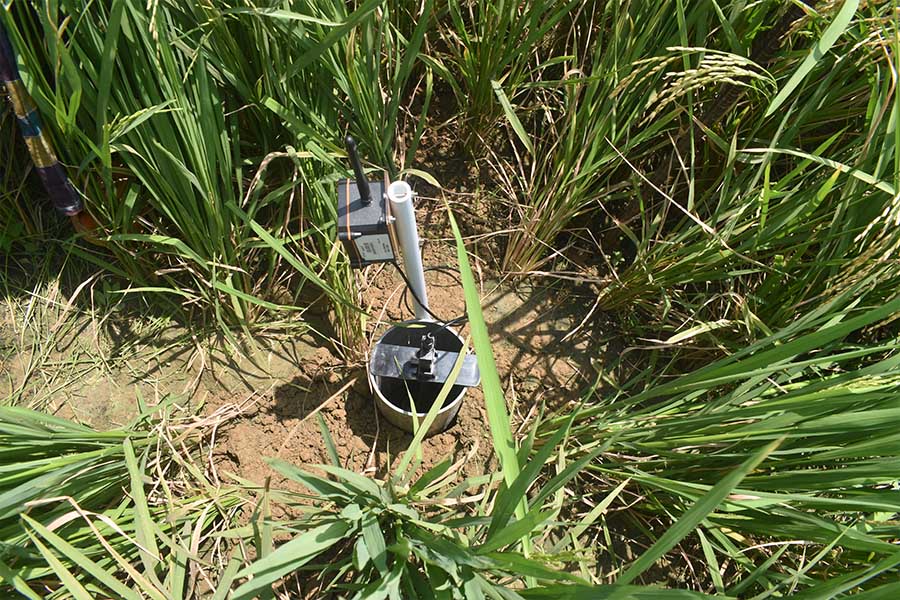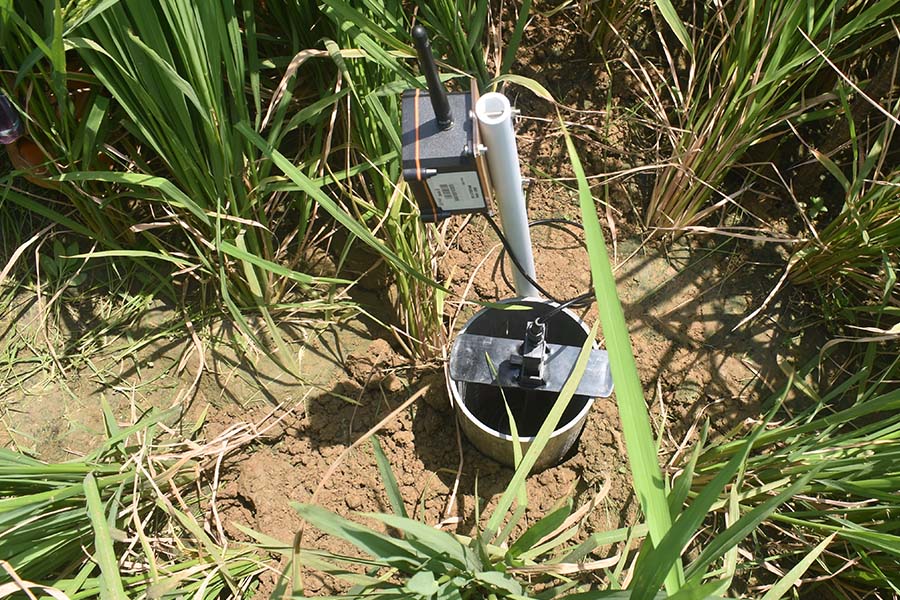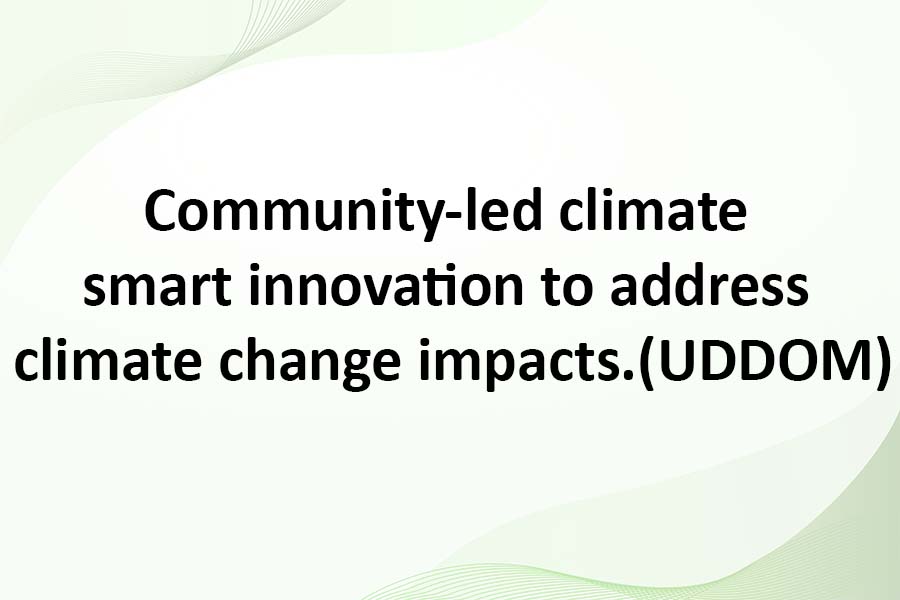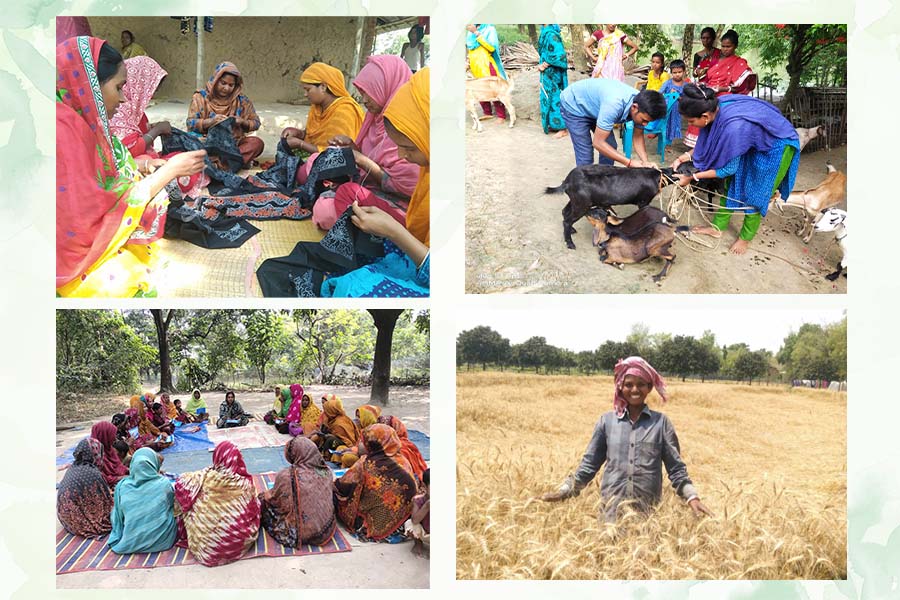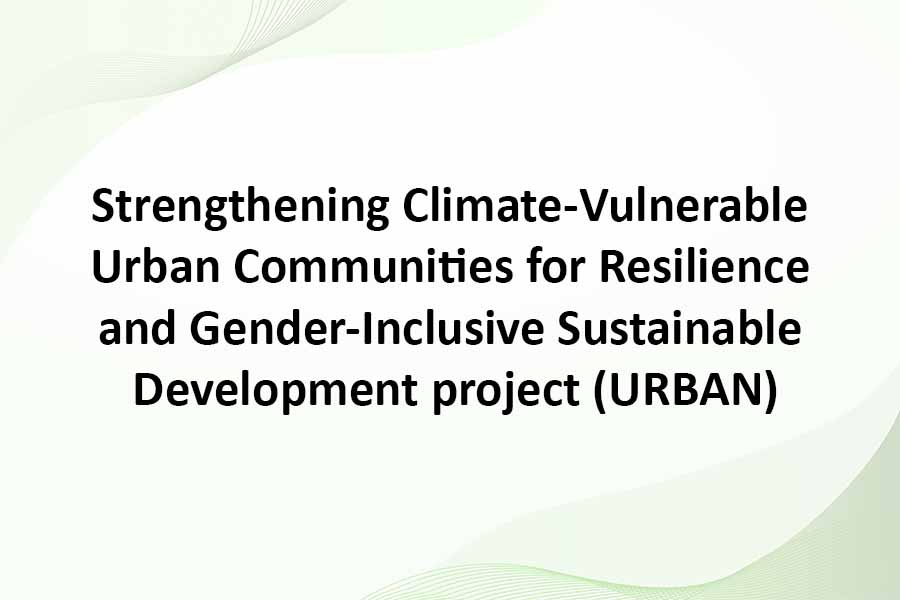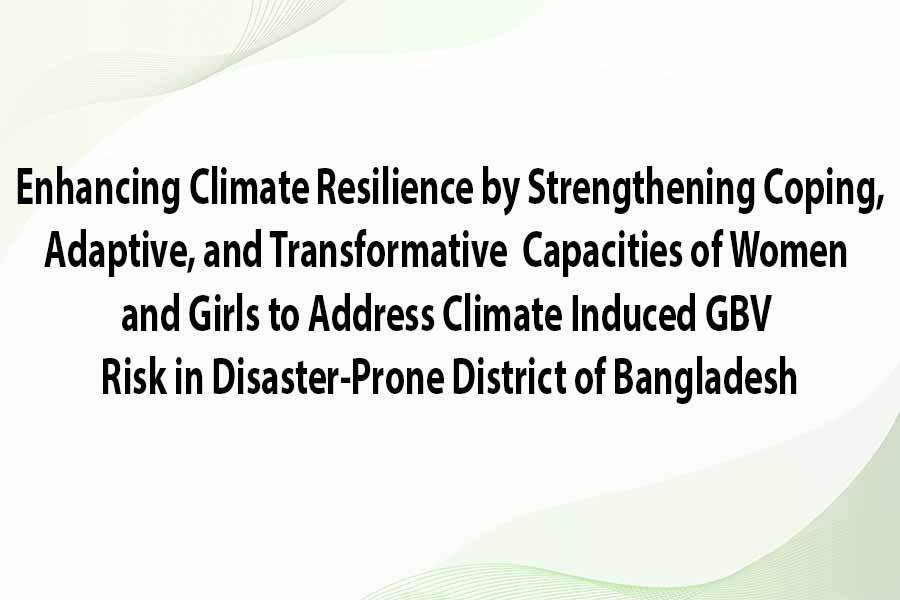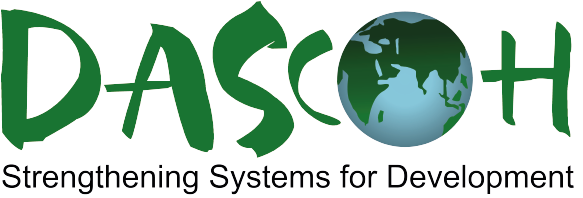Climate Resilience
Strategic Objective:
Reinforced community resilience to climate change and disaster risks, with a particular focus on water & environment
The Bangladesh Climate Change Action Plan provides direction for programme development with an emphasis to community-based adaptation and capacity development at all levels. Over the past several years, government and non-government agencies have been pursuing ecological management projects within the country’s six Ecosystem Zones through building locally owned strategies.
DASCOH promotes a differentiated approach to climate adaptation, mitigation and disaster risk management. This approach is bottom-up and community driven, placing a strong emphasis on incorporating indigenous knowledge, social capital and using the local context in adaptation/mitigation planning.
DASCOH has learned from previous programmes for its approach to climate resilience – especially in water and solid waste management – and used it to set up the Integrated Water Resource Management (IWRM) projects; starting by forming inclusive community institutions (CBOs) bringing together all households to discuss the ‘right to water’ for the poor and marginalised. Local government is trained and supported to function as cooperation partner of the CBOs and join in the development of water efficient technologies, crop diversification and climate smart agriculture. In this way, DASCOH works jointly with the lowest level of government towards increased management capacity and technological improvements among vulnerable communities We use a holistic approach involving social, economic, technical, financial, and institutional aspects. DASCOH functions regularly as a platform where success stories and policy suggestions concerning Acts and Rules on water & land access are referred up to Divisional and National level.
Waste is generated by daily human activities through discarded materials of domestic chores, agriculture, business, market, small industry, natural and man-made disasters, and medical services, etc. As an example, our IWRM solid waste management support in semi-urban municipalities comprised of collection, carrying, treating or disposal of discarded materials and substances. Sustainable solid waste management was set up in coordination with the local authorities. DASCOH’s project interventions shift the waste management system from the traditional to a modern approach using waste as a resource. Projects begin by recycling and composting organic waste in a separate place by constructing a waste shade. In this way new farm inputs are generated and the remaining solid waste (plastics and other materials) is recycled by local factories.
We envision four main changes to which DASCOH’s Climate Resilience projects will contribute:
· Round the year availability of sufficient safe water for all purposes at the household level as well as schools in the intervention areas
· Farmers practicing climate smart agriculture
· Local Governments and CBOs identify and implement priority actions to strengthen preparedness and response and reduce the disaster and climate change risks.
· Schools are prepared for effective response and implement risk reduction measures enabling them to impart education even during emergencies
Check Out Our Project
